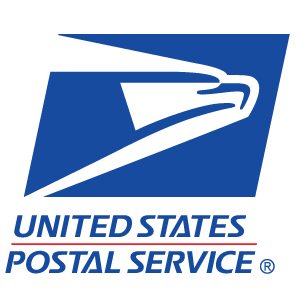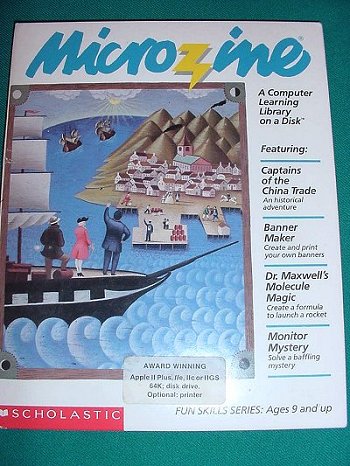
Juiced.GS has several business practices that make us unique. One is that our subscriptions follow the calendar year: instead of starting when you subscribe, they begin in March of the year you’ve subscribed to. Although not an industry-standard model, synchronizing everyone’s subscriptions makes them easier to manage — which is especially important when the magazine’s editorial staff, publisher, sales & advertising team, and circulation department are all just one person!
We have another practice that was also intended to make life easier, but over time, has had just the opposite effect: we’ve never charged shipping fees on our back issues, instead selling them at a flat rate to all customers, regardless of where they live. This policy was created twenty years ago to avoid the complexity of calculating and charging rates based on weight and destination.
However, postage rates have increased faster than production costs, to the point where shipping internationally is now a break-even ordeal at best. And with last year’s introduction of the Opus ][ product line, we’re shipping more products than ever before. Fortunately, with the rise in popularity of e-commerce, as well as our transition last year to the WooCommerce platform, it’s become easier to anticipate and calculate those shipping fees.

Therefore, beginning today, all tangible, non-subscription products will incur USPS shipping fees in addition to their base value. Annual subscriptions will continue to be charged a flat fee based on their destination. For all other products, whether you live in the United States, Canada, France, Australia, or elsewhere, separate shipping costs will be itemized, displayed, and charged during checkout. Back issues, bundles, Opus ][, and Friends for Life are all affected; subscriptions, Concentrates, disk images, and PDFs are not.
Since we previously included the cost of domestic shipping in our prices, we’re compensating for this change by lowering the price of our bundles. We’ve even discounted the PDF editions proportionately. Whether you want the first six volumes in the Early Years, the next four volumes in the Middle Years, or the latest 11 volumes in The Modern Years, you can now get these issues at their lowest non-sale price ever.
We apologize for the need to pass these costs along to you, our loyal customers, but we hope that years of online commerce have acquainted you with the practice of being charged for shipping. If you miss our old way of doing things, be sure to sign up for our email newsletter, where we’ll occasionally offer coupons for free shipping.
Thank you for your patience and support. We look forward to serving you in 2017!

